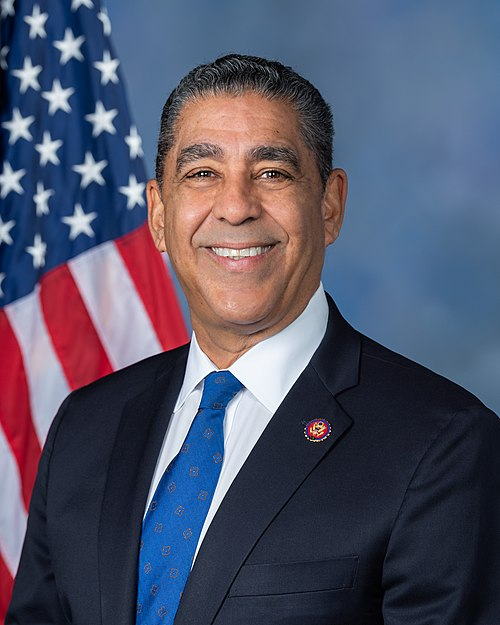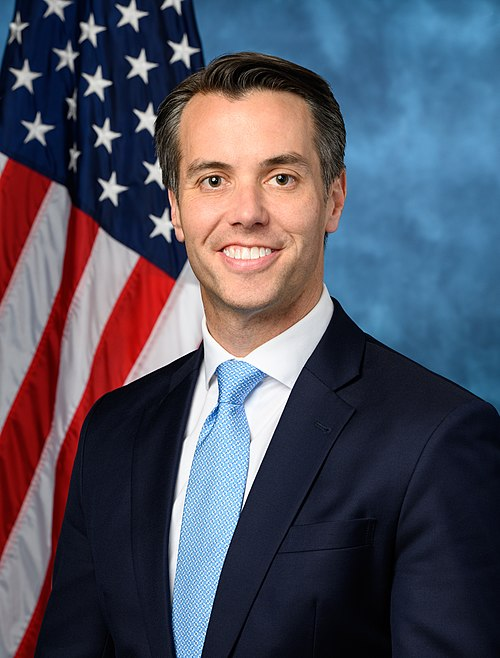H.R. 5847: Airline Travelers Right to Know Act
This bill is named the Airline Travelers Right to Know Act. Its main goal is to increase transparency regarding potential exposure to toxic fumes on commercial flights. Here are the key components of what the bill would do:
1. Toxic Fume Disclosure Requirements
The bill mandates that air carriers must inform passengers, pilots, and cabin crew about potential exposure to toxic fumes that could cause long-lasting health issues. This information must be available:
- In crew contracts
- To passengers right after ticket purchase
- With details about potential health issues, such as cancer or birth defects, related to jet engine exhaust and fumes from jet fuel.
- About the safety management systems in place to protect against exposure.
- On remedial measures, including the right to use cabin oxygen masks during toxic fume incidents.
2. Notifications and Education
The bill requires air carriers to notify affected parties immediately if toxic fumes are detected onboard. This includes:
- Passengers
- Crew members
- Aircraft maintenance technicians
Additionally, during the ticket buying process, airlines must have passengers acknowledge their understanding of potential toxic fume exposure.
3. Crew Protection Measures
Crew members must be informed about any recent incidents of toxic fume exposure. Furthermore, they will have the option to decline assignments to aircraft with unresolved issues related to toxic fume reports without facing penalties.
4. Civil Penalties for Non-compliance
Operators are subject to civil penalties for failing to comply with the disclosure requirements. This includes:
- Imposition of civil penalties for failing to notify about toxic fume events.
- Fines for providing false information concerning such incidents.
- A $100,000 penalty for failure to report certain information during inspections.
5. Implementation of Safety Measures
Within a tight timeframe, the Secretary of Transportation is required to establish regulations to:
- Install sensors to detect toxic fumes on passenger-carrying aircraft.
- Ensure that mobile oxygen masks are available for crew members to assist passengers in case of toxic fume emergencies.
6. Regulatory Adjustments
The bill also requires the Federal Aviation Administration to amend its existing regulations to incorporate these new requirements for toxic fume exposure.
Relevant Companies
- DAL - Delta Air Lines: As a major airline, Delta would need to implement the new safety and disclosure measures outlined in this bill, potentially affecting their operational protocols and costs.
- AAL - American Airlines Group: Similar to Delta, American Airlines would be impacted by the new regulations concerning toxic fume disclosures and management.
- UAL - United Airlines: United would also be required to comply with the new disclosure requirements and safety measures, influencing their operational strategies.
This is an AI-generated summary of the bill text. There may be mistakes.
Sponsors
1 sponsor
Actions
2 actions
| Date | Action |
|---|---|
| Oct. 28, 2025 | Introduced in House |
| Oct. 28, 2025 | Referred to the House Committee on Transportation and Infrastructure. |
Corporate Lobbying
0 companies lobbying
None found.
* Note that there can be significant delays in lobbying disclosures, and our data may be incomplete.









